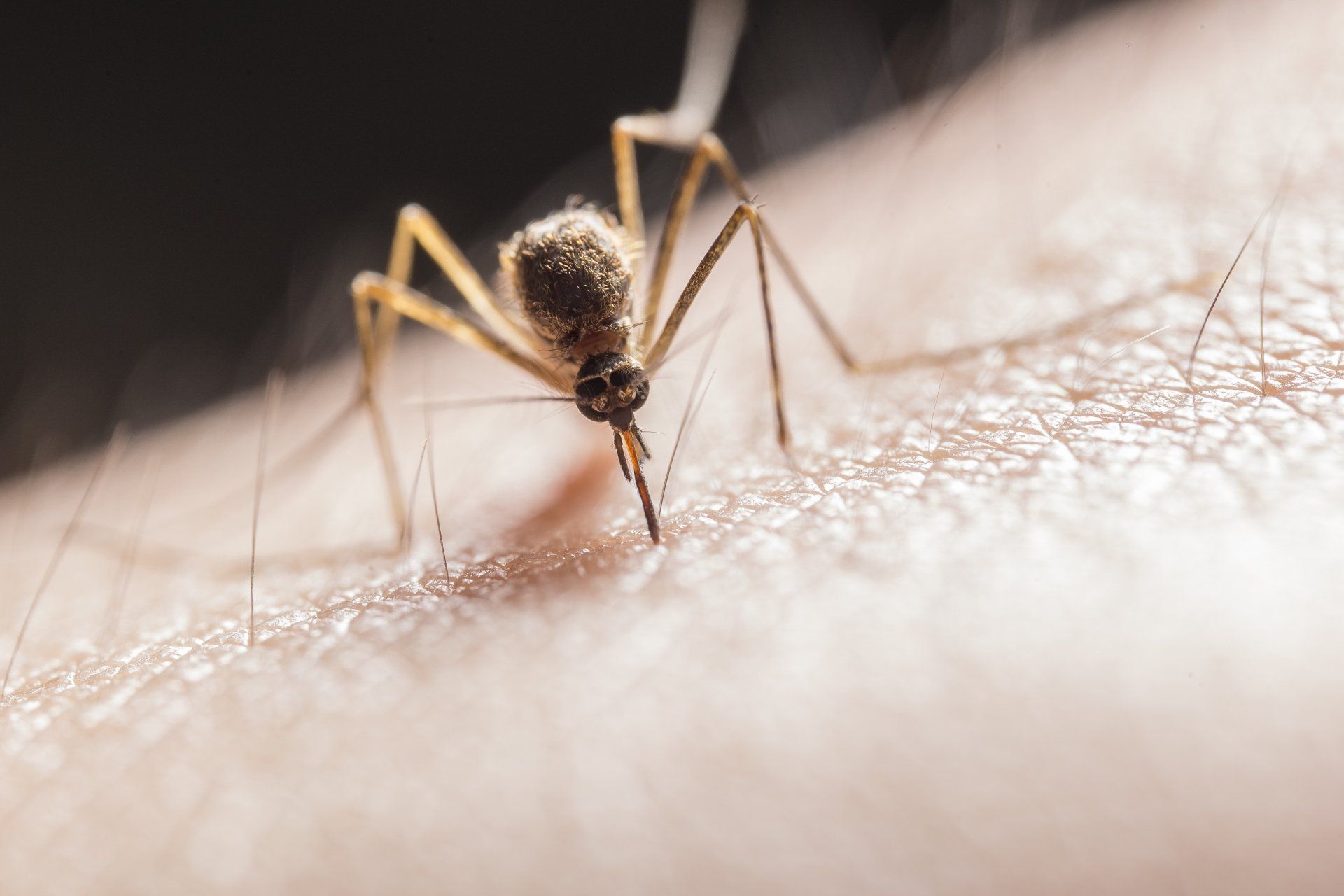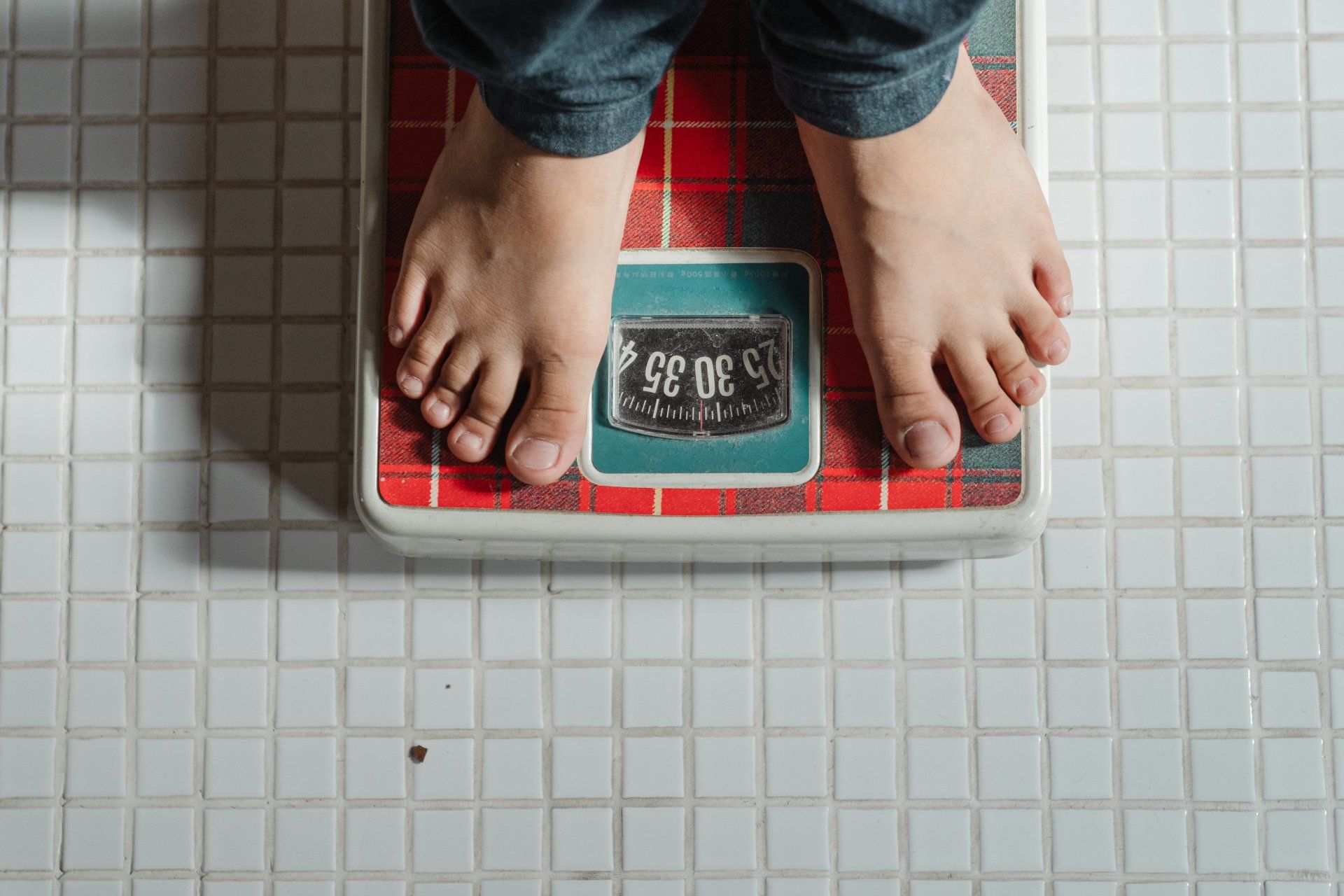How to manage asthma?
How to manage asthma?
Asthma management should be considered an art. Each new situation and environment requires adaptability and care. These tips will help you make every day enjoyable and asthma-free.
When Travelling
Your asthma symptoms will likely be affected by changes in your environment, and you may be exposed to new triggers. You could find your normal routine disrupted by a new schedule, which can increase the likelihood of having attacks.
It is important to plan for all possible outcomes and manage your asthma while away from home.
Do your research. Find out about potential triggers in the new area and plan to minimize or avoid exposure.
You should bring enough medication to last you for the duration of your stay, as well as any emergency. You might also want to bring an extra prescription, just in case.
You should also keep a list of emergency contacts and insurance information. This will aid you in case of an emergency.
Always have a backup inhaler on you, and don't check them in. Your luggage could be lost or delayed.
At Work
It is possible that your asthma attacks are triggered by things at work if you notice your symptoms getting worse. For advice, consult your doctor. You might try to make the environment more asthma-friendly or reduce the amount of triggers such as dust, pollen, and chemicals. Poor air quality and ventilation can also impact your reactions.
Stress is a common trigger for asthma sufferers. You can try relaxation techniques, yoga, or meditation if you are an asthma sufferer.
At Home
Once you've identified triggers, it is possible to reduce the amount of them in your home. Learn about the various triggers and keep in mind that an asthma sufferer may have a different trigger. Every person has their own triggers that can increase the likelihood of having attacks.
Set yourself targets.
Stick to your plan. You can also add goals such as not being admitted to hospital due to asthma symptoms or not allowing your symptoms to stop you from engaging in physical activities.
Follow the advice of your doctor.
Make sure you follow the instructions. Even if you don't feel any symptoms, it is important to follow the doctor's instructions. You must not miss or run out of medication. To ensure that you are properly taking your medication, you should establish a routine. You can use your calendar or phone to set up a reminder to remind you when it is time to take it.
Keep a log of all symptoms you experience to identify triggers and combinations. Also, note when and where you last filled your prescription, when it expired, and when you will need to refill it. You can keep track of how much medication you are able to give each time you have a need for it by using a dose counter.




